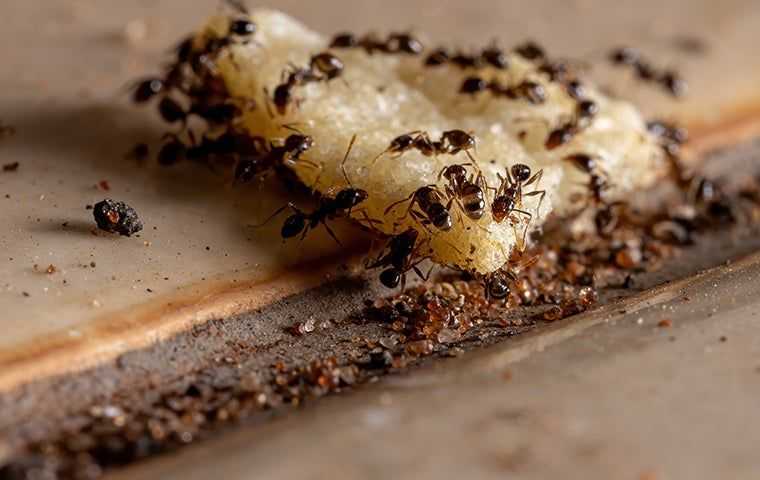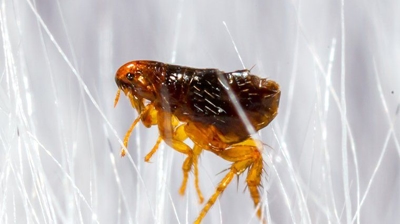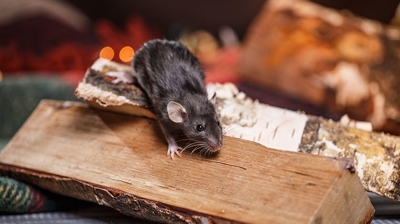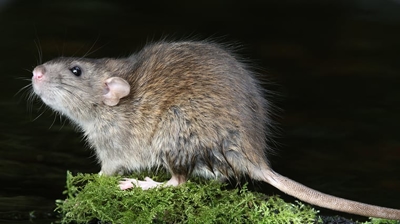
Ant Identification & Prevention
Ant Identification & Prevention
What are ants?
Ants are social insects that live in huge colonies. The breeding for the whole colony falls on the queen. The queen mates with the males in the colony and produces all the new offspring, while lower castes like workers and soldiers remain sterile and care for the queen. Some ant colonies have multiple queens to protect themselves from the loss of one.
Ants are among the most common pests in Michigan, and most home and business owners will have to deal with them at some point. Common species in our area include carpenter, pavement, pharaoh, and little black ants. Our residential pest control services can effectively eliminate ants from any home!
Are ants dangerous?
Little black ants and pavement ants are considered nuisance pests. Pavement ants can sting, but they rarely do. However, pharaoh ants and carpenter ants are a different story. Pharaoh ants spread potentially deadly pathogens like staphylococcus, streptococcus, and salmonella bacteria. Meanwhile, carpenter ants tunnel through wood just like termites, meaning they’re a significant threat to your property.
Where do ants live?
Ants are some of the most common creatures on Earth. They live virtually everywhere on the planet except for Antarctica and a few isolated island nations. Ants often nest underground, but they may also build their colonies in things like hollowed-out logs, cracks in rocks, and even human habitations that are convenient.
What do ants eat?
Ants are foragers, so they’ll eat just about anything. Different species have different preferences. Some like sugars; some go for proteins; still, others prefer oils and fats. However, in a pinch, any ant will eat anything that’s physically edible. That means you need to store all foods in airtight containers to avoid attracting ants.
```
What Makes Us Different?
-
Veteran Owned & OperatedProudly serving with honor, expertise, and dedicated to quality.
-
Over 151 Businesses ServicedSureShot Pest Control is proud to be a catalyst of change for hundreds of local businesses in Michigan.
-
1,500 Happy Customers & Counting!We are proud to maintain an A+ rating from the Better Business Bureau and bring the best to our clients.
-
30+ Years Of Combined ExperienceWe have spent a quarter-century in the pest control industry, and we have no intention of stopping now!
How do I get rid of ants?
Ant colonies are often vast and complex entities, so getting rid of them on your own is not easy. For nuisance ants like little black ants or pavement ants, you might give it a go with DIY methods. But if you have carpenter ants, you need to contact local pest control professionals like the experts here at SureShot Pest Control right away. Every second counts with a carpenter ant infestation, so don’t hesitate. Call today to find out if your home or business is in our service areas or to learn more about our residential and commercial pest control services.


Hear From Our Happy Customers
At SureShot Pest Control, your satisfaction is our priority! See for yourself what our customers have to say about working with us.
-
"Reliable, dependable, friendly & helpful."
No bugs or mice in our home since using SureShot Pest Control for over 4 years. We highly recommend their service!!!
Bonnie D. -
"Wonderful Service"
The office lady is the sweetest person ever!!!! They technician did a great job.
Jessica B. -
"A Loyal Customer"
I liked the suggestions that Christian had for the mice in the garage. He was very informative. Have used SureShot for over 20 years.
Irene E. -
"Thank you!"
Ashley is very friendly and professional at the same time. She completes the job thoroughly and quickly. I’m very pleased to have her as my technician.
Gary D. -
"Highly recommend"
SureShot has always done a great job of clearing our property of hornets. On the years that we didn't actually find a nest or evidence of a hornet problem, we had them do preventative work.
Georgia E. -
"No More Bugs!"
I would call them again in a heartbeat. Stink bugs may be new to us but SureShot has figured out how to get rid of them.
Beth B. -
"Above & Beyond"
These guys are great! They are friendly and responsive and take care of their customers!
Bailey C. -
"Professional & Honest"
Use this service yearly & have always gotten excellent service - will continue using their service 1-2x yearly - they are great !
Jenny B.
Stay In The Know
-
Eco-Friendly Mosquito Control TipsRead More
-
 Signs of a Rodent InfestationRead More
Signs of a Rodent InfestationRead More -
 Tackling Flea Infestations Head-On In GreenvilleRead More
Tackling Flea Infestations Head-On In GreenvilleRead More -
 Start The Year Off Right: Winter Pest Prevention Tips For Greenville ResidentsRead More
Start The Year Off Right: Winter Pest Prevention Tips For Greenville ResidentsRead More -
 Greenville's Guide To Wildlife ControlRead More
Greenville's Guide To Wildlife ControlRead More -
 Keeping Rodents Out: Expert Control Strategies For Greenville PropertiesRead More
Keeping Rodents Out: Expert Control Strategies For Greenville PropertiesRead More -
 How To Get Rid Of Cockroaches: A Comprehensive Guide For Greenville HomeownersRead More
How To Get Rid Of Cockroaches: A Comprehensive Guide For Greenville HomeownersRead More -
 Rodent Control 101: Essential Tips For Keeping Your Greenville Property Rodent-FreeRead More
Rodent Control 101: Essential Tips For Keeping Your Greenville Property Rodent-FreeRead More


.2403141246092.png)









